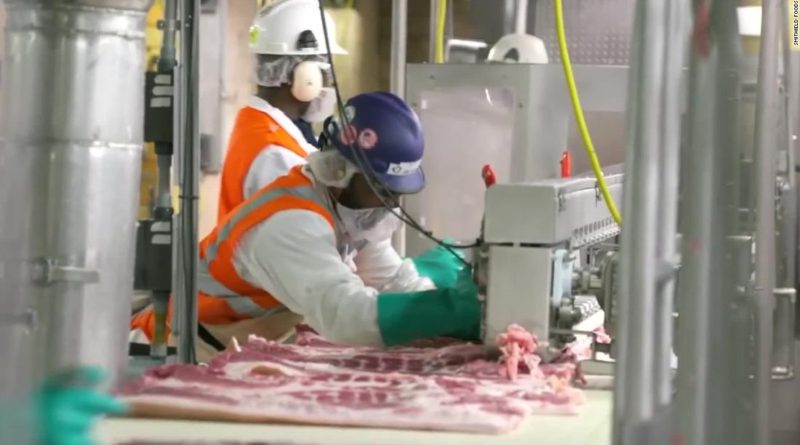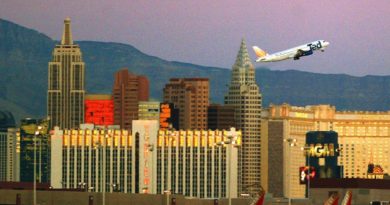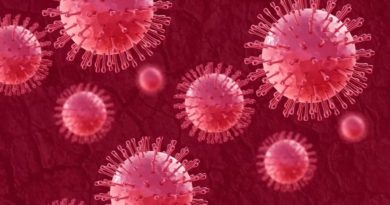Meat packing plants become the latest Covid-19 hotbeds
The local Aldi and Lidl stores are being avoided by locals due to their proximity to the 2 Sisters poultry processing plant that was forced to close down after an outbreak of coronavirus. Two hundred workers have since tested positive for Covid-19.
The concern felt by those who know workers at the plant is common. Some told CNN that nobody stayed home when they felt sick in the early days of the outbreak, as they would only receive statutory sick pay worth around 20% of their salary. 2 Sisters denied that their sick pay policy had anything to do with the outbreak.
There have been so many outbreaks in meat packing factories around the world that scientists are now examining whether the environment inside the plants could be part of the problem.
“We can all speculate, but I think there are three things that pop up: these people work very, very closely together, it’s cold in there and it’s humid,” said Dr. Thomas Kamradt, an immunologist and professor at the University Hospital at Friedrich-Schiller University in Jena, Germany.
Cold and wet environment
A number of scientists have suggested that the cold, humid environment inside the plants could help the virus spread. “These animal cadavers have to be sprayed with water all the time, so you have aerosols, and it’s cold … it is something that definitely deserves very thorough investigation,” Kamradt said.
Rowland Kao, a professor of veterinary epidemiology and data science at the University of Edinburgh, also pointed out that experiments have show that low temperatures result in higher rates of transmission of influenza and improve the survival of other coronaviruses such as MERS. “While this is not proven for Covid-19, similar mechanisms may apply,” he told the Science Media Center.
Essential workers packed in close quarters
Most experts say that social distancing and mask wearing are by far the most effective ways to avoid spreading the virus. But keeping a distance is not always possible in a factory setting.
James Wood, a professor at Cambridge Infectious Diseases, a research center at the University of Cambridge, said the epidemics inside food processing plants are likely caused by a combination of factors “that can make them lethal.”
“People have to stand close to each other and shout to make themselves heard … you have people working long shifts close to each other, all those things magnify the risk of infection,” he said.
Shouting, singing and speaking loudly is thought to release more virus-laden droplets into the air. Crucially, people can spread the virus unknowingly, without feeling sick.
Vulnerable communities
The outbreaks in meat plants have impacted vulnerable communities, including migrants. Jobs in the food processing plants are notoriously hard and among the lowest paid, which often makes it difficult for employers to find local staff.
“They’re not very popular places to work, so often you end up with migrants or foreign workers living in large communities around the plants and so you’ve got transmission potential that goes on outside the plant as well as in the plant itself,” Wood said.
A large proportion of workers in the industry are often foreign-born and come from a number of countries. More than two-thirds of the 75,000 workers employed in meat processing in the UK are migrant workers from elsewhere in Europe, according to the British Meat Processing Association. In the US, immigrants make nearly 30% of all meat-packing plants workers. In Germany, it’s around a third.
Paddy McNaught, the regional officer for the labor union Unite in Wales, said workers in the industry often don’t receive sick pay, another factor that could lead to outbreaks. “So when you’re in a situation like this, when you’re on low pay, you have very little spare income, you’re more likely to take a risk and go to work when you have a temperature, rather than take the time off and isolate for 14 days,” he said. The industry must ensure workers have enough protection to be able to take time off without suffering financially, he added.
Anna Stewart reported from Llangefni, Ivana Kottasova and Aleesha Khaliq wrote from London and Derby, England.






